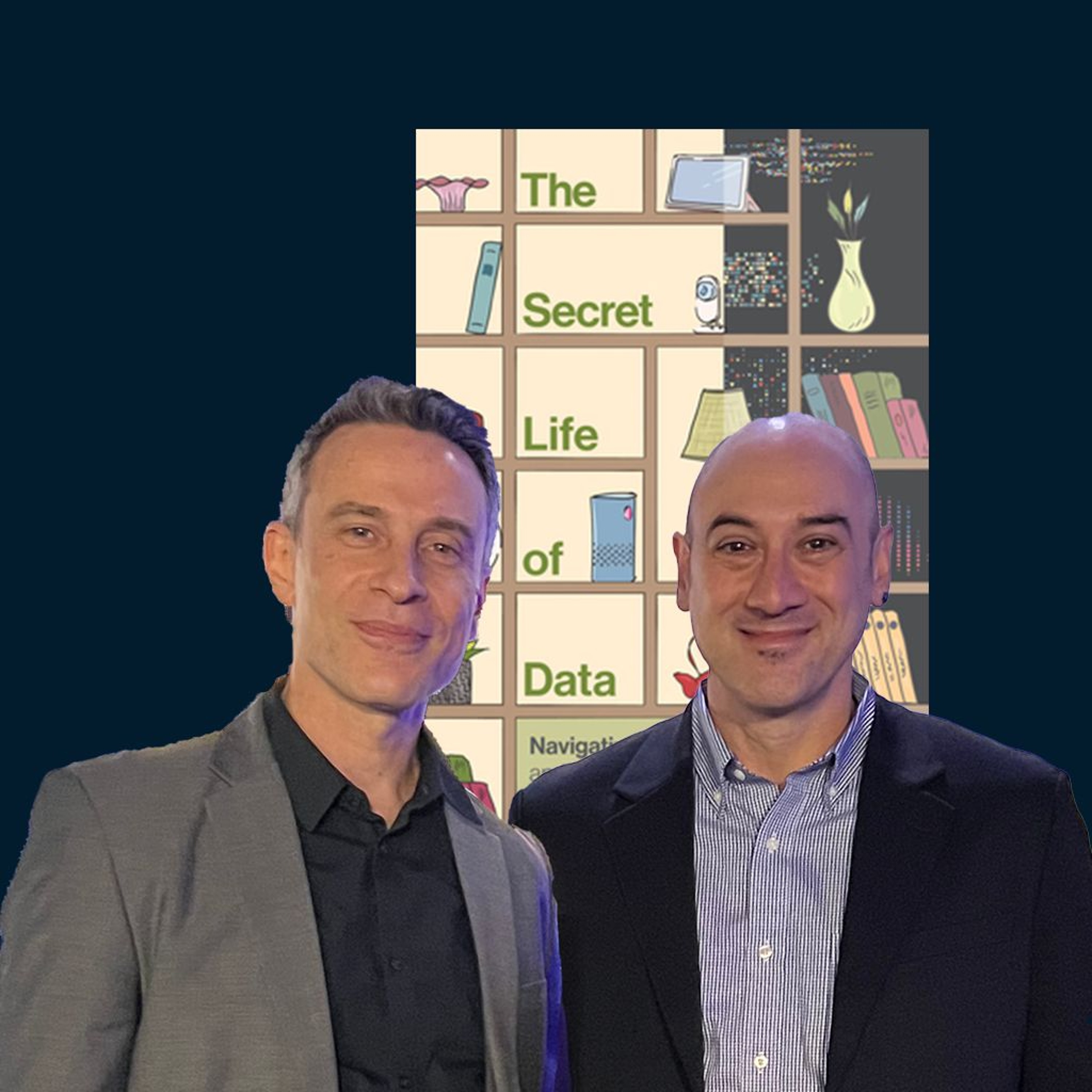May 19 2024 67 mins 2
As fresh algorithms and new analytical methods emerge, existing datasets can uncover insights beyond their original purpose. Regardless of their intended use, data often possess hidden potentials and always have a “secret life”. “How this data will be used, by other people in other times and places, has profound implications for every aspect of our lives—from our intimate relationships to our professional lives to our political systems”, argue Professor Aram Sinnreich and Jesse Gilbert in their new book “The Secret Life of Data: Navigating Hype and Uncertainty in the Age of Algorithmic Surveillance”. This phenomenon raises various moral, ethical, and legal questions: Should we use datasets for unexpected and unforeseen insights? Should we create new frameworks to control and regulate using datasets for purposes beyond their original intent? Ignoring opportunities to analyse data in new ways might limit their potential, but pursuing them introduces ethical dilemmas. In this episode of Bridging the Gaps, I speak with Professor Aram Sinnreich and Jesse Gilbert.
Aram Sinnreich is an author, professor, and musician. He is Chair of Communication Studies at American University. Jesse Gilbert is an interdisciplinary artist exploring the intersection of visual art, sound, and software design at his firm Dark Matter Media. He was the founding Chair of the Media Technology department at Woodbury University.
I begin the conversation by setting the stage for our listeners and delving into the idea of the "secret life of data" as discussed in the book. We then delve deeper into the nature and scale of the challenge posed by this phenomenon. One key point highlighted in the book is that the challenge is primarily conceptual—we're uncertain about what exactly we're aiming to control, handle, and regulate. We thoroughly explore this aspect.
To address this "conceptual challenge," the book provides a comprehensive overview of various frameworks and approaches that have been developed and are currently utilised to tackle similar challenges. The book then extends these concepts to envision and propose a framework that could aid us in addressing this particular challenge. We discuss in detail a number of existing frameworks outlined in the book, and then explore the possibilities to address these emerging challenges. Overall, this conversation has been immensely interesting and enlightening.
Complement this discussion with “Dark Data: Why What You Don’t Know Matters” with Professor David Handavailable at:
https://www.bridgingthegaps.ie/2020/03/dark-data-why-what-you-dont-know-matters-with-professor-david-hand/
And then listen to Reclaiming Human Intelligence and “How to Stay Smart in a Smart World” with Prof. Gerd Gigerenzer available at:
https://www.bridgingthegaps.ie/2023/04/reclaiming-human-intelligence-and-how-to-stay-smart-in-a-smart-world-with-prof-gerd-gigerenzer/
Aram Sinnreich is an author, professor, and musician. He is Chair of Communication Studies at American University. Jesse Gilbert is an interdisciplinary artist exploring the intersection of visual art, sound, and software design at his firm Dark Matter Media. He was the founding Chair of the Media Technology department at Woodbury University.
I begin the conversation by setting the stage for our listeners and delving into the idea of the "secret life of data" as discussed in the book. We then delve deeper into the nature and scale of the challenge posed by this phenomenon. One key point highlighted in the book is that the challenge is primarily conceptual—we're uncertain about what exactly we're aiming to control, handle, and regulate. We thoroughly explore this aspect.
To address this "conceptual challenge," the book provides a comprehensive overview of various frameworks and approaches that have been developed and are currently utilised to tackle similar challenges. The book then extends these concepts to envision and propose a framework that could aid us in addressing this particular challenge. We discuss in detail a number of existing frameworks outlined in the book, and then explore the possibilities to address these emerging challenges. Overall, this conversation has been immensely interesting and enlightening.
Complement this discussion with “Dark Data: Why What You Don’t Know Matters” with Professor David Handavailable at:
https://www.bridgingthegaps.ie/2020/03/dark-data-why-what-you-dont-know-matters-with-professor-david-hand/
And then listen to Reclaiming Human Intelligence and “How to Stay Smart in a Smart World” with Prof. Gerd Gigerenzer available at:
https://www.bridgingthegaps.ie/2023/04/reclaiming-human-intelligence-and-how-to-stay-smart-in-a-smart-world-with-prof-gerd-gigerenzer/
